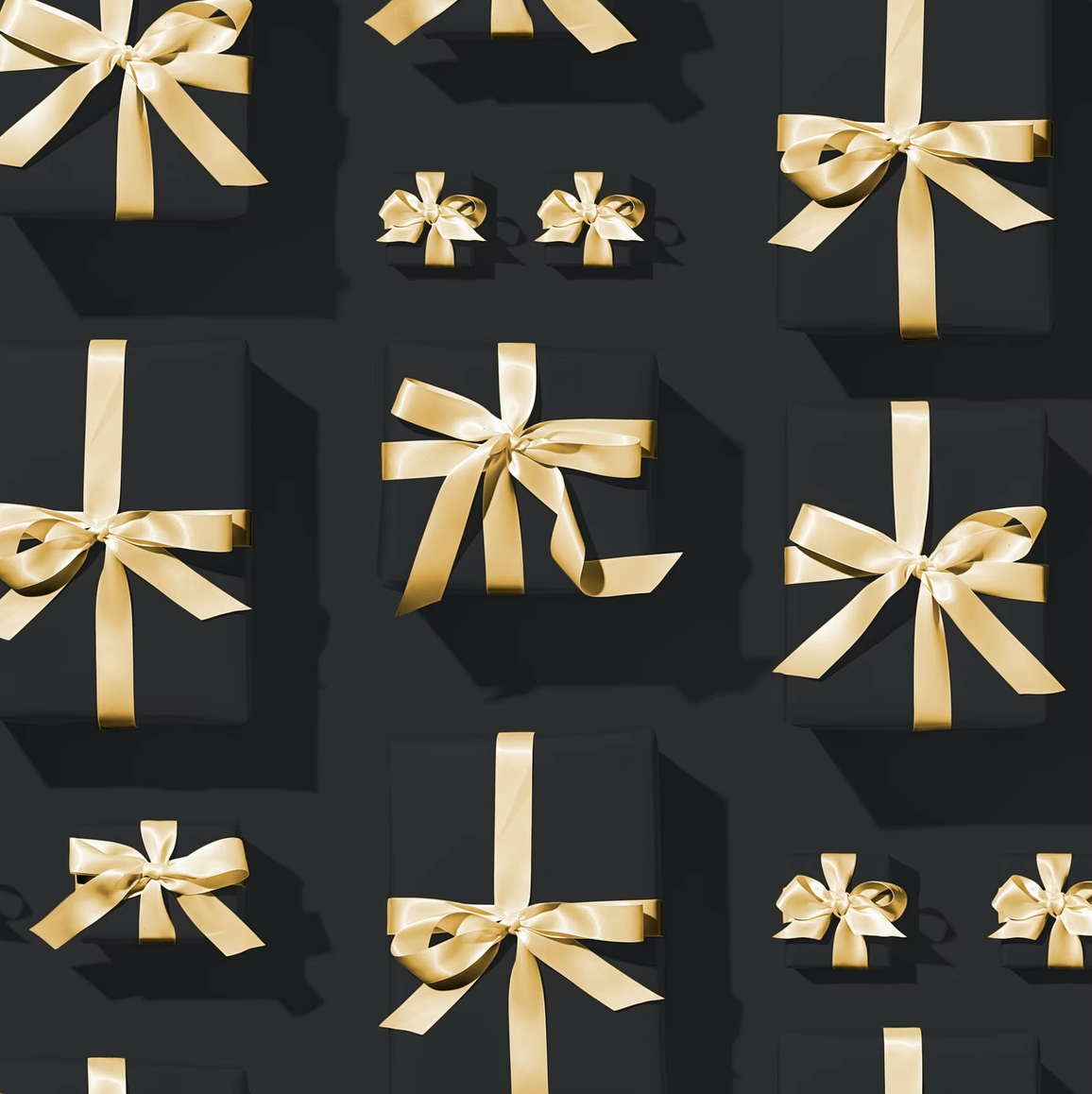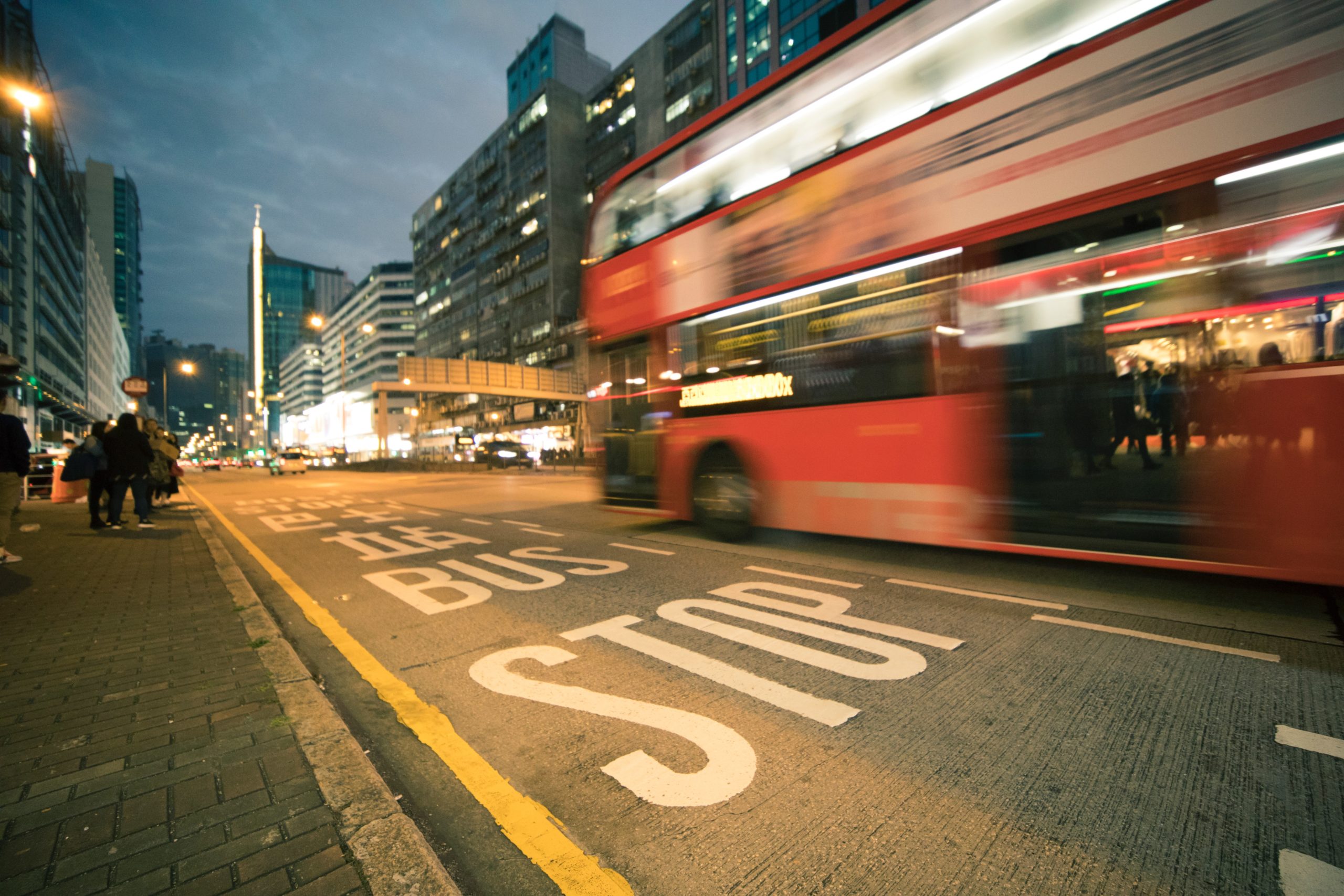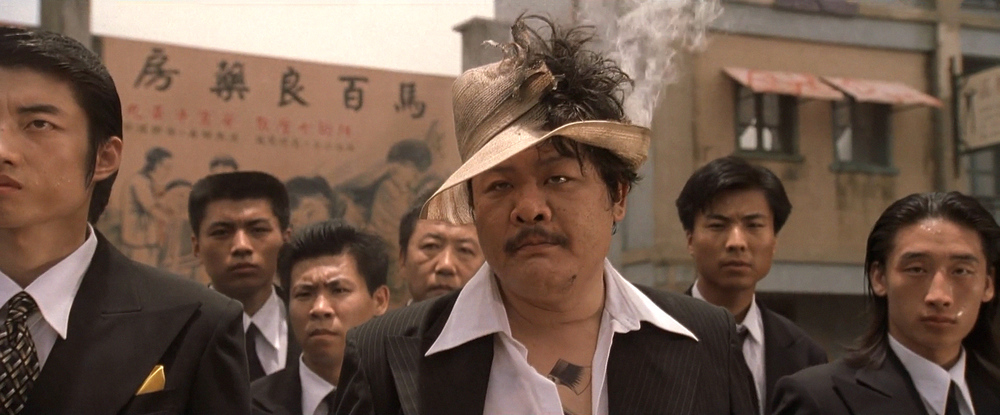HELPFUL CANTONESE PHRASES TO KNOW
Getting by in Hong Kong with English alone is easy, but should you find yourself conversing with a non-English speaker, one of these phrases might just help you out. Here are some essential phrases to remember (or screenshot) for when you’re out and about in Hong Kong.
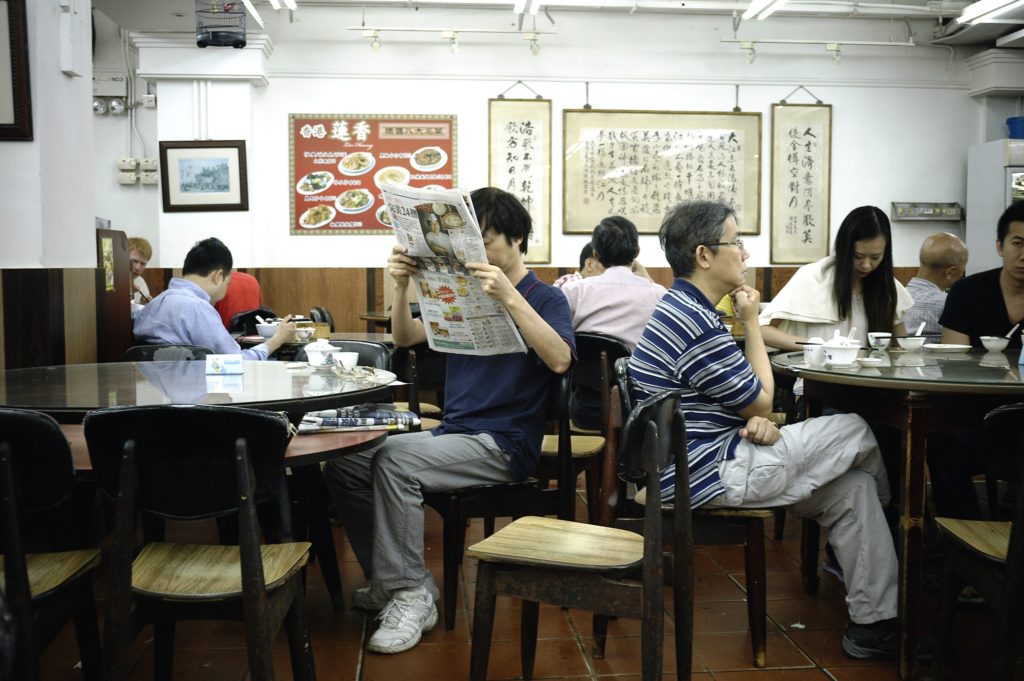
Let’s start with our 1,2,3’s :
Numbers
One: 一 : yat
Two: 二 : yee
Three: 三 : saam
Four: 四: say
Five: 五: mm
Six: 六 : lok
Seven: 七: chet
Eight: 八 : baat
Nine: 九: gow
Ten: 十: sup
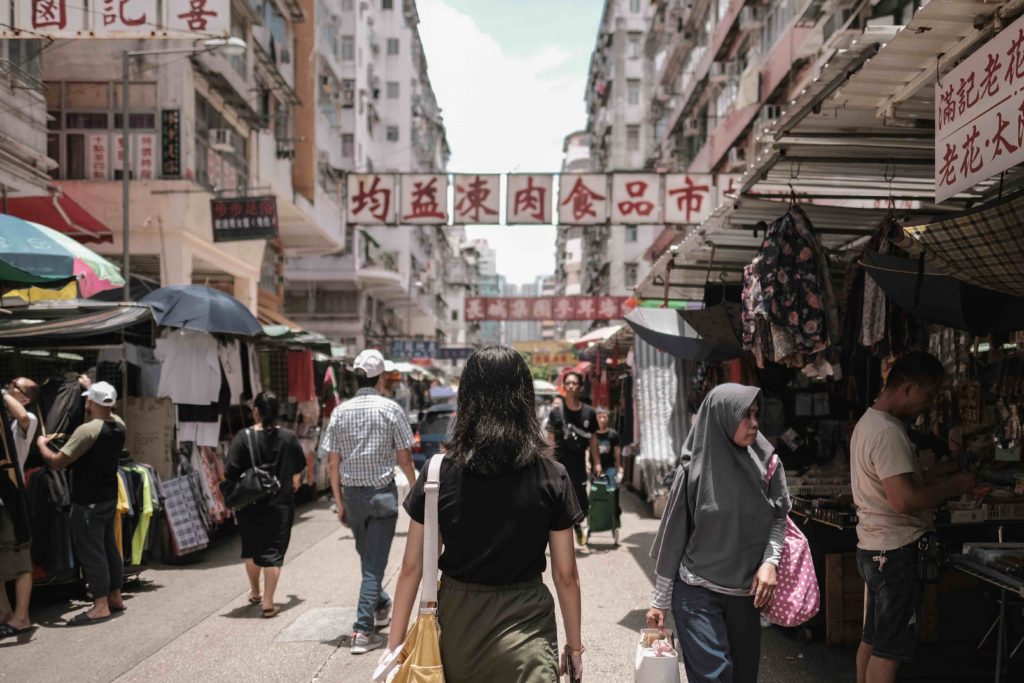
Thank you/ Please/ Excuse Me
Mm Goi : 唔該
Don’t forget your P’s & Q’s. This phrase is a must-know no matter what and is super versatile. When showing appreciation you can say mm goi to say thank you, if you’re trying to get someone’s attention you can also say mm goi, and if you’re making a request, like ordering food, you can throw an mm goi in there as a please. If you had to learn one phrase, make it this one!
Amazing / Super
Hou Jeng : 好勁
Want to throw some kudos to someone? Give them a hou jeng for instant flattery. Throw in a thumbs up for good measure. You can use this line after polishing off a good bowl of hawker noodles, when checking out merchandise in a store or complimenting a street performer.
So-So
Ma Ma Dei : 麻麻哋
Maybe you’re a little unimpressed and wanna communicate it, ma ma dei is the equivalent of saying that was average. You might hear someone say it during a lacklustre meal, and if you’re ballsy enough to insult the chef, now you can say it too.

How are you? Have you eaten yet?
Sik Jor Fahn Mei Ah? 食咗飯未呀?
Directly translated, this means have you eaten yet? But there’s more to the saying than just seeing if someone’s had lunch, it’s a way of showing you care about the person’s wellbeing. ‘Sik jor fahn mei ah?’ has the same function of ‘how are you?’ and can be used as a greeting with more familiar acquaintances. Eating well is an important part of Chinese culture, so if you’re ever asked this question, you can respond with ‘sik jor’ (Yes, I’ve eaten) or ‘mei sik’ (“Not yet”).
How much is this?
Gay Dor Cheen Ah : 幾多錢啊?
Planning on doing some shopping around Hong Kong’s many markets or malls? When the price tags not on show you’ll need this one.
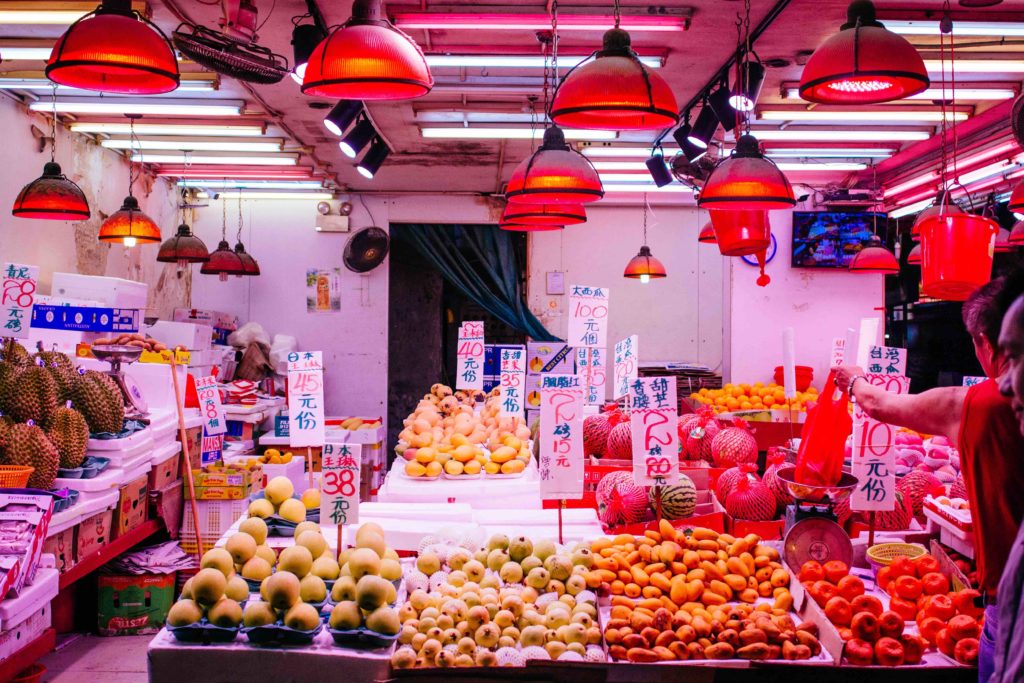
Bill, please
Mai daan : 買單
Once you’ve finished your meal and are ready to pay, you can put your hand in the air and say mai daan! You can yell this with gusto at more local places, but keep it more discreet at upscale establishments. Alternatively, if you’ve grabbed the waiters attention from afar, you can raise your hand up as if you’re holding a pen and shake your hand back and forth to signify signing the bill.
Where is the bathroom?
Chee Sor Hai Bin 廁所係邊
Nothing worst than busting for the bathroom and not knowing where to go. Asking chee sor hai been will help locate the closest toilet. Hopefully, a few hand gestures will get you going in the right direction. When in doubt the safest bet is to go to the nearest mall.
